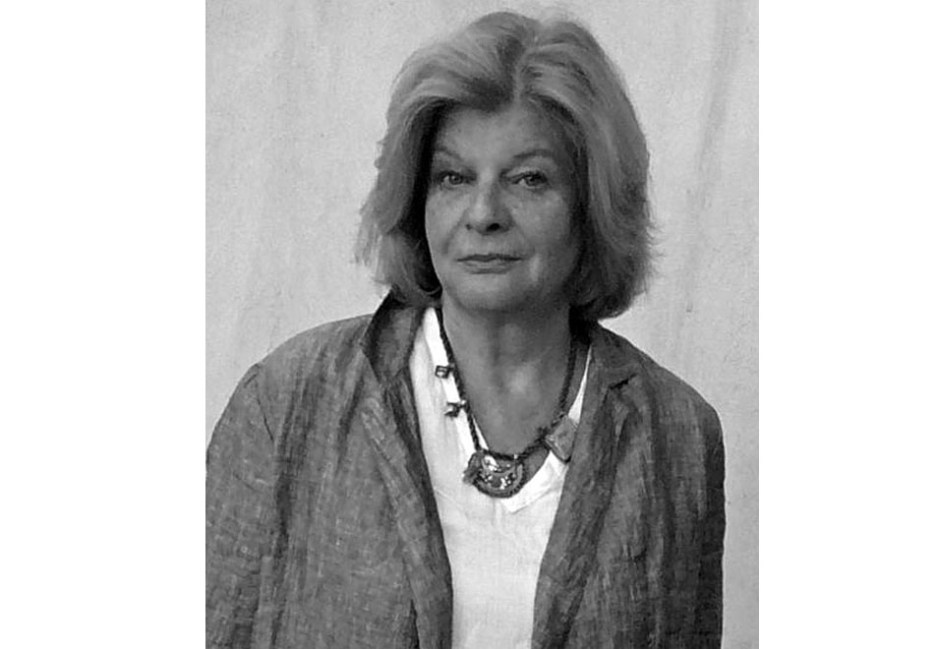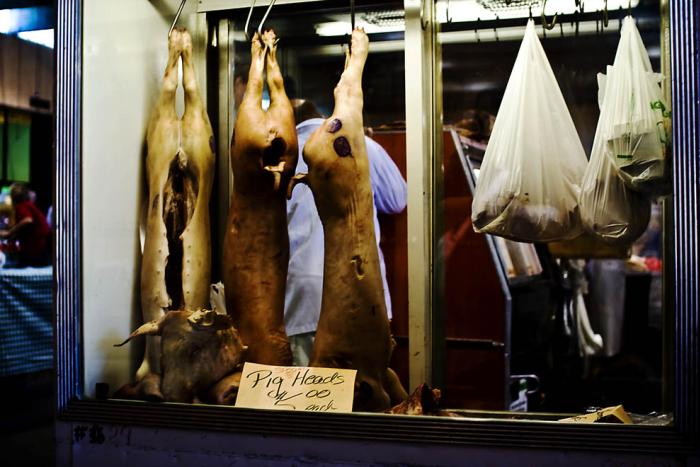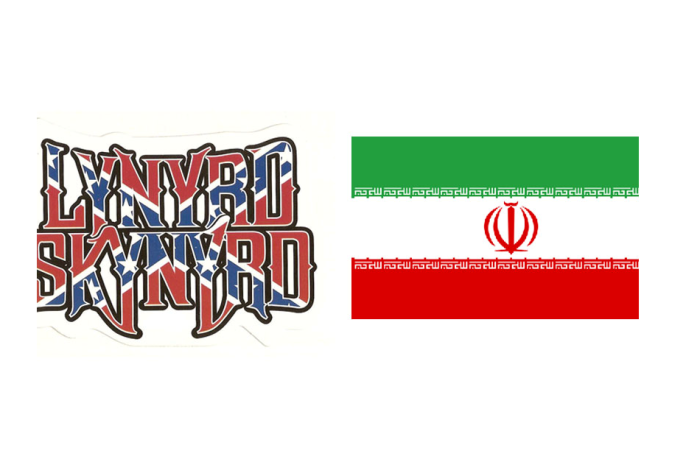Linda Spalding’s The Purchase, recently nominated for the Writer's Trust Fiction Prize, hit stores this week. The novel follows the story of Daniel Dickinson and his family, exiled out of his native Quaker community into the strange lands of Virginia. Burdened by his outsider status, Daniel tries to build a new life, and ends up making certain compromises—with his neighbours, his faith, and even himself. The Purchase is told in the rich language of another time, and it’s Spalding’s special gift to imbue this old story with a crackle of urgency. Last weekend I spoke with Spalding about her use of language in The Purchase and the peculiarities of certain Quakerisms.
There’s an echo of the biblical in the characters’ names, paired with the kinds of things they were experiencing. There’s Daniel, entering into this new dangerous world and trying to charm the situation, and then there’s his second wife, Ruth. Was this by design?
The original concept for this book came out of my own family history. And so when I started the book I thought I would stick as closely to what I actually knew—factually, historically—as I could. Just to make it kind of more interesting. And challenging. To see what I could do with that. And so those names are actually historically true. Except for the slaves, who I have no names for. They were named. I mean people had biblical names in those days. Well, we still do, right, so.
When Daniel is excommunicated from his community, and decides to stop using certain Quakerisms in his daily life, it made me think about today. How something like the Internet is forcing a plainness and homogenization upon everyday language. Is that something you were thinking about at all while writing? As Daniel changes his language, dropping the Quaker “Thou” and “Thee” for the secular “you,” he alters his life in the process. His principles kind of change along with the way he can describe the world.
Well, that would certainly affect him, right? He has obviously made up his mind to change. To make himself fit in with the more ordinary, prosaic, whatever you want to call it—the secular world. I think he’s making an effort to leave his old self behind, but he can’t really. You can’t change your values. He wants to put on the ordinariness of everyone else, and I suppose, it definitely connects him to trouble. I don’t know how direct that would be. I think he has a really hard time in that secular world. He doesn’t really know how to behave in it. He doesn’t know how to react to it. The language doesn’t really help him that much. And he flips back and forth. Sometimes when he’s feeling emotional he slips back into his old language.
I think of Daniel as this kind of Kierkegaardian figure who’s obsessed with his singular relationship with God. But at the same time, like you say, he’s got the pressures of the secular society he’s living in and he doesn’t want to actually be alone. And then you have, obviously, Bett and Simus and Bry, and their relationship to freedom is complicated by the fact that they’re enslaved. So many of the ideas are about trying to pursue freedom in the face of what’s—
What’s proscribed for you, I guess, by society… And how much freedom you can find inside of those confines. Because each of them has to figure out how to be spiritually free, or you know, mentally evolved inside of the confines they have been given.
Some of the most beautiful passages, I felt, present both Ruth and Daniel when they’re having experiences of spiritual communion. When Daniel is just full of conviction for God. And it was really strange, almost, to read those kinds of passages from the perspective of today. Is that was part of why you wanted to explore this specific part of your history?
I was very interested in Quakerism in my youth. The first time I went to Europe was on a Quaker pilgrimage. I was involved with Quakerism. So it always interested me a lot. I was brought up in the Anglican Church, which is quite different. So I had this huge contrast, which was sort of, in my own early life, two visions of Protestantism. And I don’t think I was particularly religious, by the way. Nor was my family. But I was just intensely interested. Or something. I don’t know, I don’t know how to explain it. Now let’s see, how do we get back to your original question...
I was struck by the beauty of the passages that were about communion, for example, and I was curious whether you wanted to talk about this history because today that sense of spiritual communion has largely disappeared?
I don’t think I’d put it that way. I’d say that I’m very interested in the change that has come over us, probably in the last hundred years, to round it off. Before that most people were kind of imbued with religiosity, to some extent. Even if they weren’t particularly religious, it was in the air. It was something that everybody breathed; it was a common value in society. And it was a big difference whether you were Catholic or Protestant, but you were still something, you know? And it’s just kind of vanished.
I don’t just mean that the church has vanished in our lives, but that kind of thinking, that kind of set of beliefs that sort of grounded you. And I think I just caught a little edge of that when I was growing up. Just a tiny little edge. My Grandmother, for example, was pretty religious. And certainly there are still people who are, but it’s not our general culture anymore. It’s not something we generally take for granted. Plus we’re very diverse. So I wanted to kind of enter that wonder. To think about that mind set and how pervasive it must’ve been. I mean, it would’ve coloured every single act in your life, from chopping up wood, grinding your corn, to sowing your fields. Just about everything you did had to do with God, just as it does in more traditional societies. So that interests me.
Like you say, it’s a relatively recent thing to have to live with an institutional understanding that we’re all on the same page with God.
Yeah, exactly. Or that some of us are and some of us aren’t. That kind of divisive nature of society; some of us are chosen and some of us aren’t chosen. All that kind of stuff that has carried through history is pretty much done.
--
Photo by Michael Ondaatje






